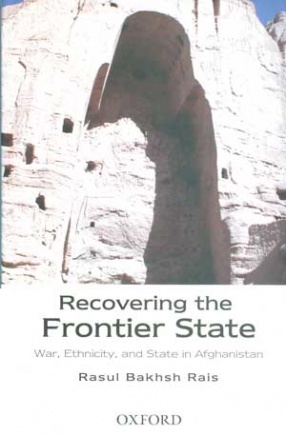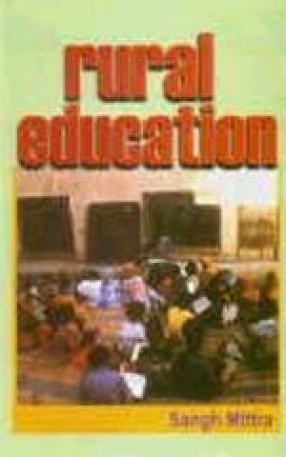This book examines the prospects for rebuilding state and nation in Afghanistan with regard to “Operation Enduring Freedom' currently being undertaken by the international coalition. It starts by delineating the conceptual basis of Afghanistan's status as a frontier state. Looking at geo-strategic aspects, Afghanistan's position as an historical buffer between empires, and its internal characteristics-weak authority structure, internal conflicts, interventions by neighbours, legitimacy of internal conquest, and trans-national ethnicities, the book provides insights into Afghanistan's unique geo-political context. Whilst the author deems the legacy of the previous intervention for containment to be a major contributing factor to the disorder in Afghanistan's state and society, he draws on lessons from the past intervention to assuage current obstacles and the stalemate that is hindering political, social, and economics development. Focusing on the impediments to development, the background against which the problem needs to be analysed, and consequently countered , is effectively set out. Incessant war and insurgency has led to mobilization along ethnic and religious lines and has had profound effects on the kinds of intuitions that have perpetuated over time. Ethnic and religious groups have applied constant pressure on the state and this dissonance has had enduring negative impacts on nation building, social cohesion, and state-society relationships. Pre-emptive and reactive intervention by neighbouring state and their links to ethnic groups inside Afghanistan is another dimension which is analysed. An extensive exploration is made into the geo-political history of social groups of Afghanistan with an intensive account of the rise of various power contenders as a function of their history, their links with external actors, and their traditional position in the indigenous vertical hierarchy. Unconventional war and counter-insurgency operations funded by foreign and local elements are examined and policy guidelines for negotiations and conflict resolution discussed. The work provides fresh insights into the rise of the Taliban, and adds further to the scholarly debate about the causes for the consolidation of Taliban power. It traces the history of the Afghan crisis, and critically evaluates the roles played by different national and international actors. A major contribution is the articulation of the need for an integrated nation-and state-building strategy which takes into account the sensitivities of the Afghanistan experience instead of treating it like other post-conflict zones.
Jammu and Kashmir after the Earthquake: Preparing for a New Beginning
The last sixteen years have ...
$20.70
$23.00





There are no reviews yet.